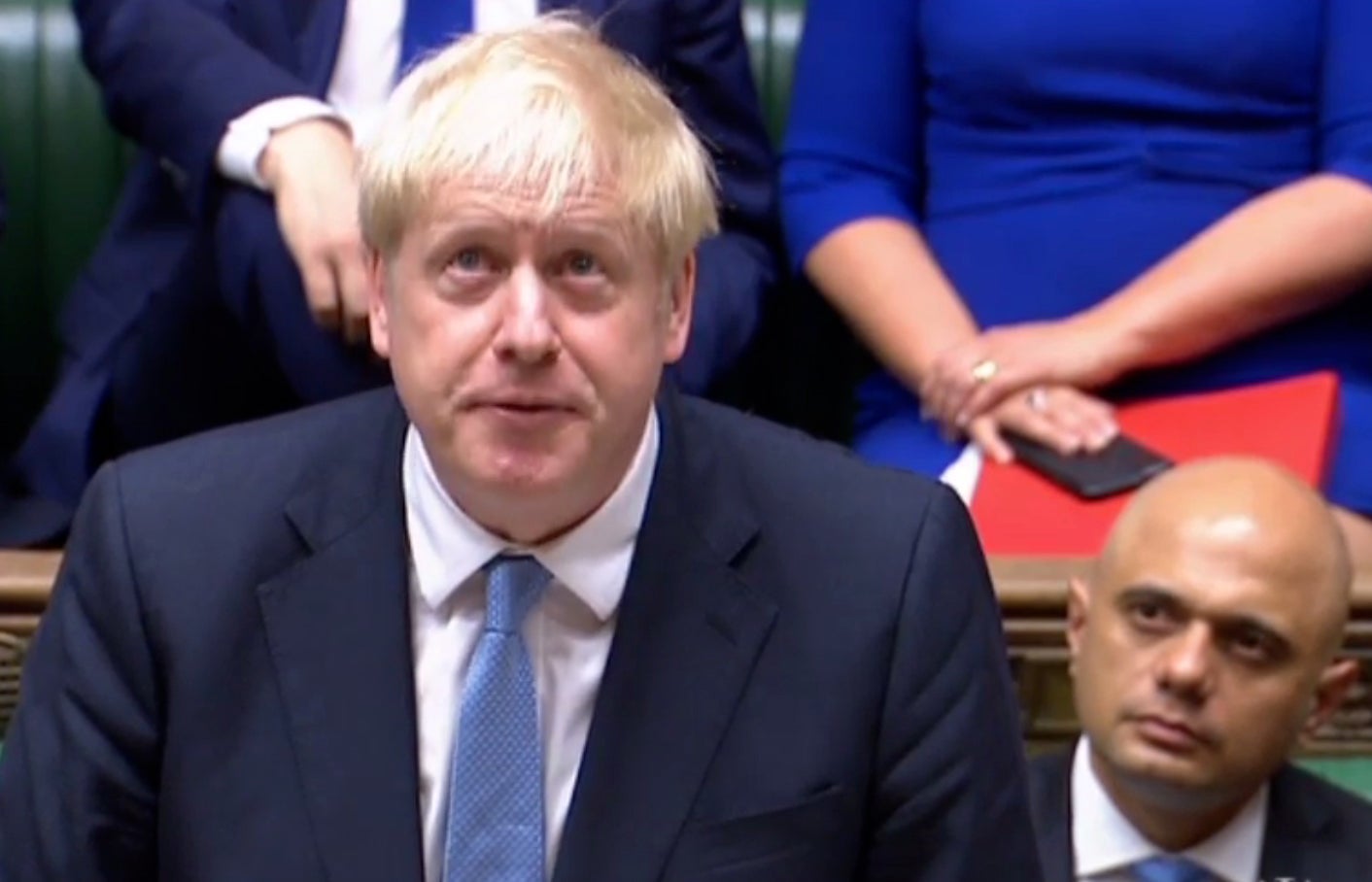Boris Johnson has said the UK won’t send an EU commissioner to Brussels, a move intended as a sign that he’s serious about Brexit.
EU commissioners are switched over every five years: each member state gets one, and collectively they make up the EU’s executive arm, the European Commission. They are responsible for coming up with new EU laws and enforcing the existing ones.
Without a commissioner, the UK would have less of a voice in EU policymaking. While commissioners do not actually represent member states – they represent the interests of the EU as a whole – there would be one less Briton sitting at the table when decisions were made.
The UK wouldn’t be left with no influence: it still has MEPs in the European parliament and its seat on the EU’s councils. But it would be reduced.
There is a question of whether what the prime minister is proposing is legal or not. EU member states are understood to have previously discussed the possibility of leaving the UK without a commissioner, but decided it was entitled to one.
“As long as Britain is a member of the EU, it has all the rights and responsibilities,” chief negotiator Michel Barnier said back in May.
“This includes the right to a commissioner and the right to be represented by members of the European parliament.”
Under the current arrangement, the UK is certainly entitled to a commissioner. But whether it has to have one whether it likes it or not might end up being a matter for the European Court of Justice to determine, if it gets that far.
A similar discussion was had before the European parliament elections, and it was determined that EU treaties stipulated that Britain had to hold EU elections. They were held. It’s not yet clear whether the wording on the commissioners allows for a little more leeway, or whether the same situation applies.
If the UK was found to require a commissioner and still refused to send one, that would produce the kind of showdown with Brussels that Johnson is thought to enjoy – though he’s said he’s clear he doesn’t want to block the formation of a new commission.
Whatever happens, Johnson’s pledge is interesting from a political perspective: it marks a departure from Theresa May’s approach.
The former prime minister was clear that the UK was leaving the bloc, but while we were still a member, the UK would participate constructively, she maintained. Johnson seems keen to make a bit more of a mess and push at the EU’s legal structure.

Join our commenting forum
Join thought-provoking conversations, follow other Independent readers and see their replies
Comments